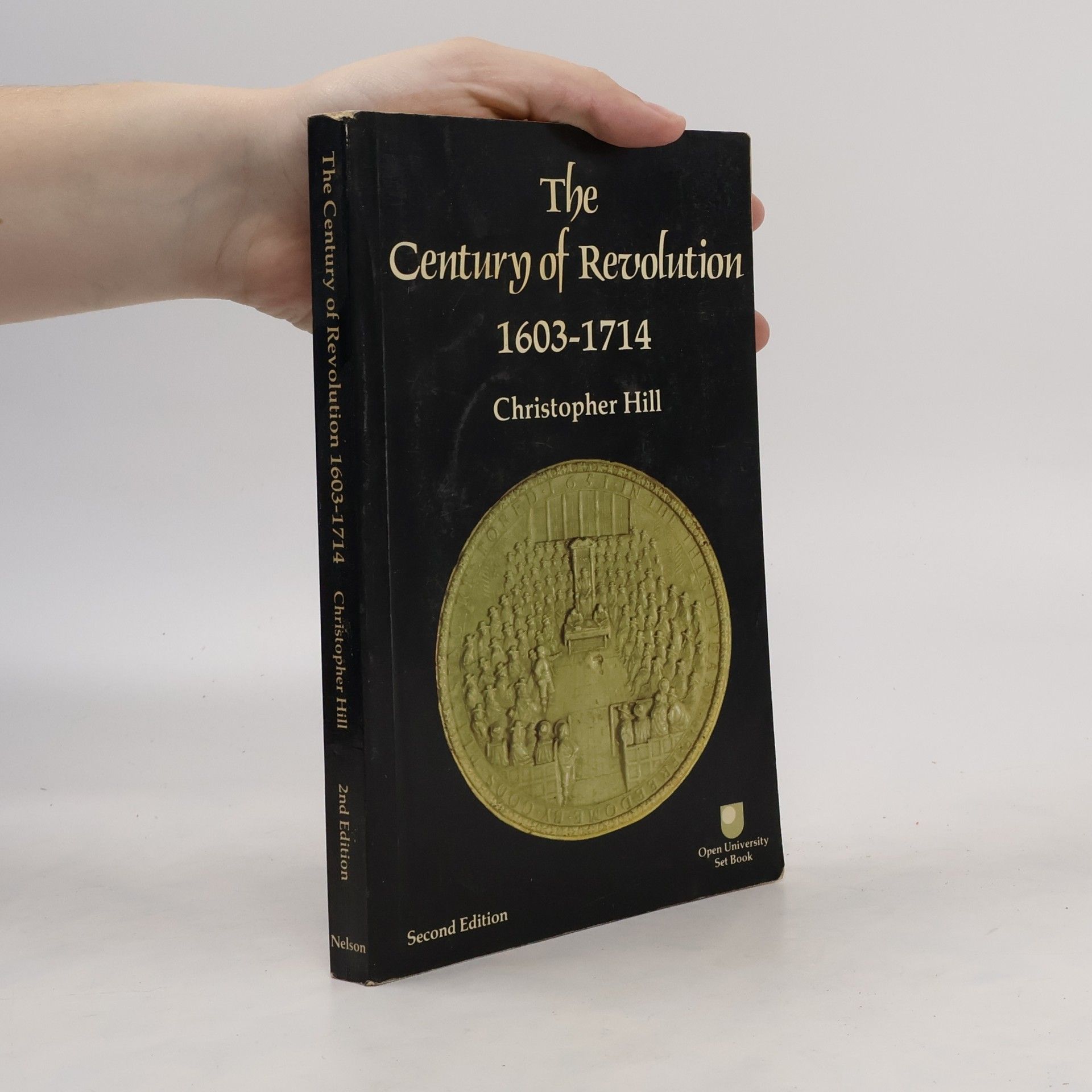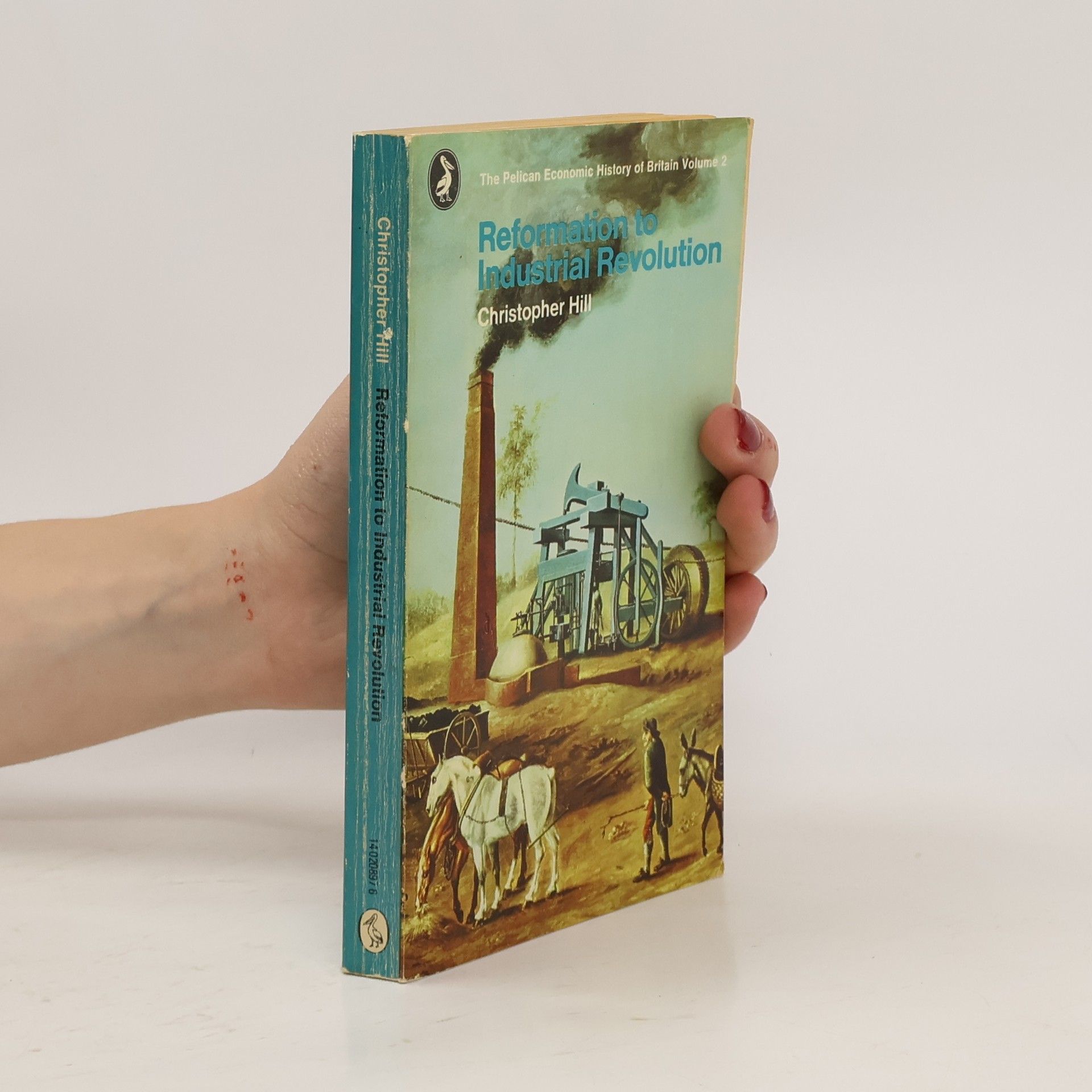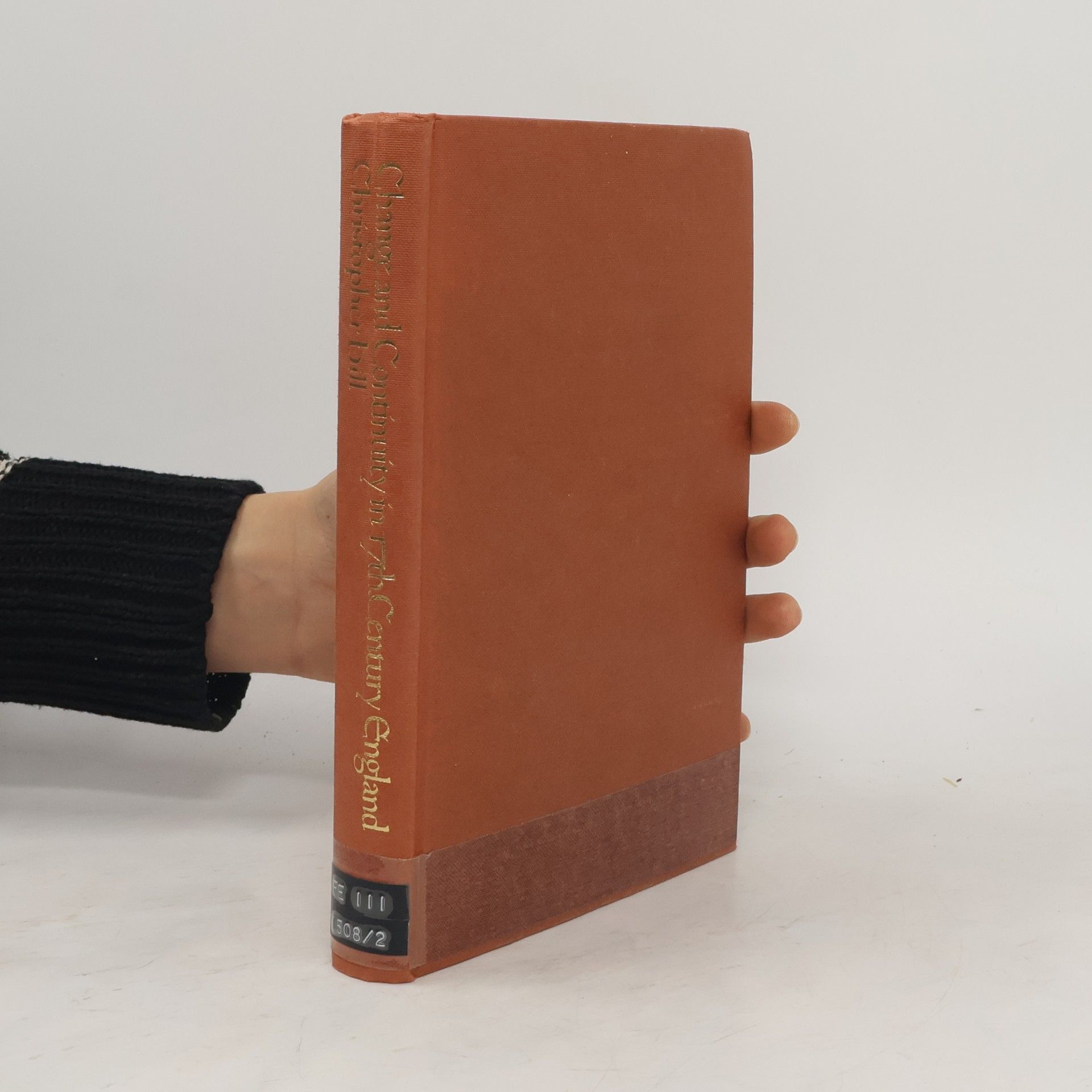Christopher Hill Bücher
Christopher Hill war der herausragende Historiker des 16. und 17. Jahrhunderts und einer der bedeutendsten Historiker der jüngeren Zeit. Weltweit wurde er als prägender marxistischer Historiker des Revolutionszeitalters bekannt, was ihm Anerkennung bei Generationen von Studenten einbrachte. Seine Werke boten maßgebliche Interpretationen dieser entscheidenden Ära und beleuchteten die tiefgreifenden gesellschaftlichen und politischen Veränderungen mit unvergleichlicher Einsicht.
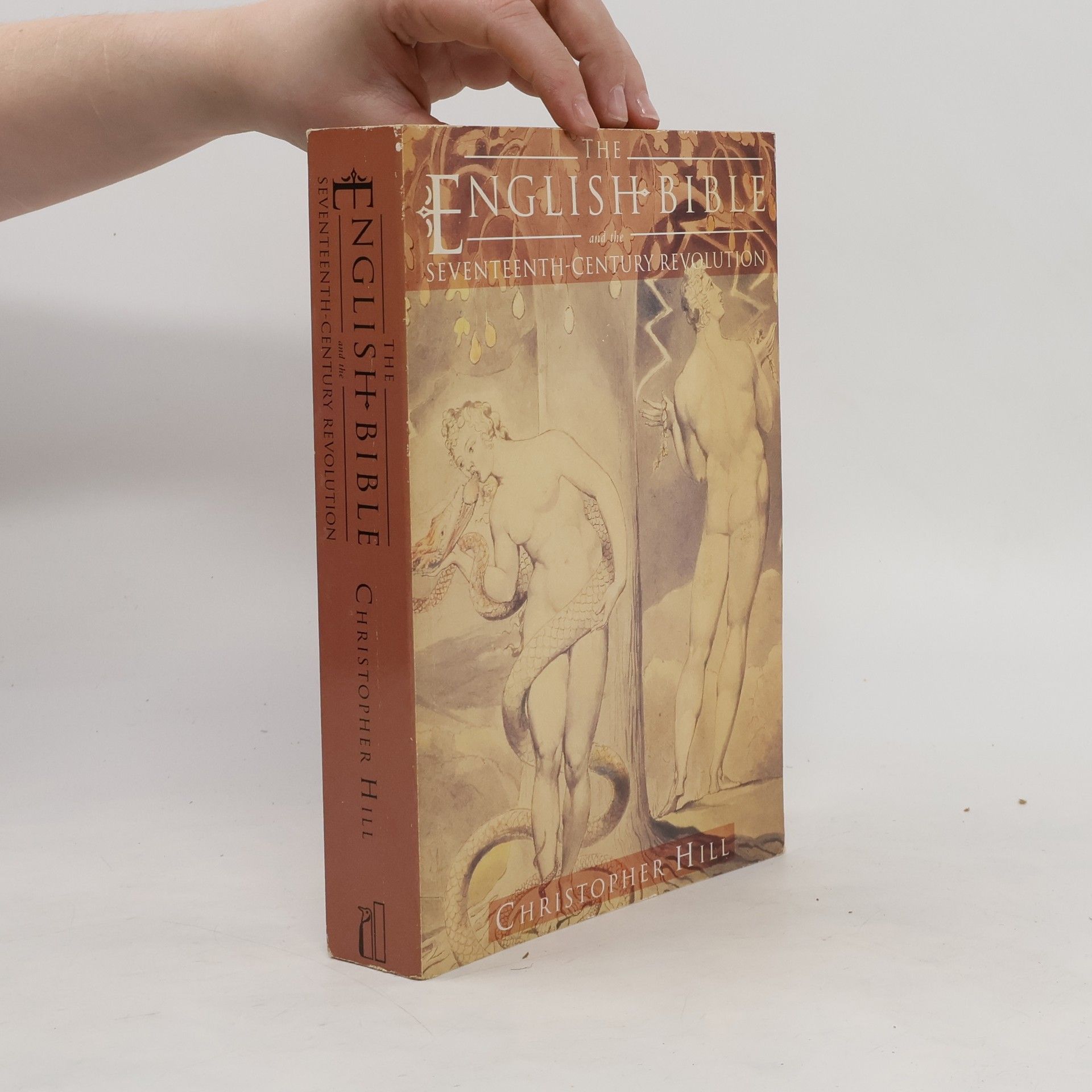
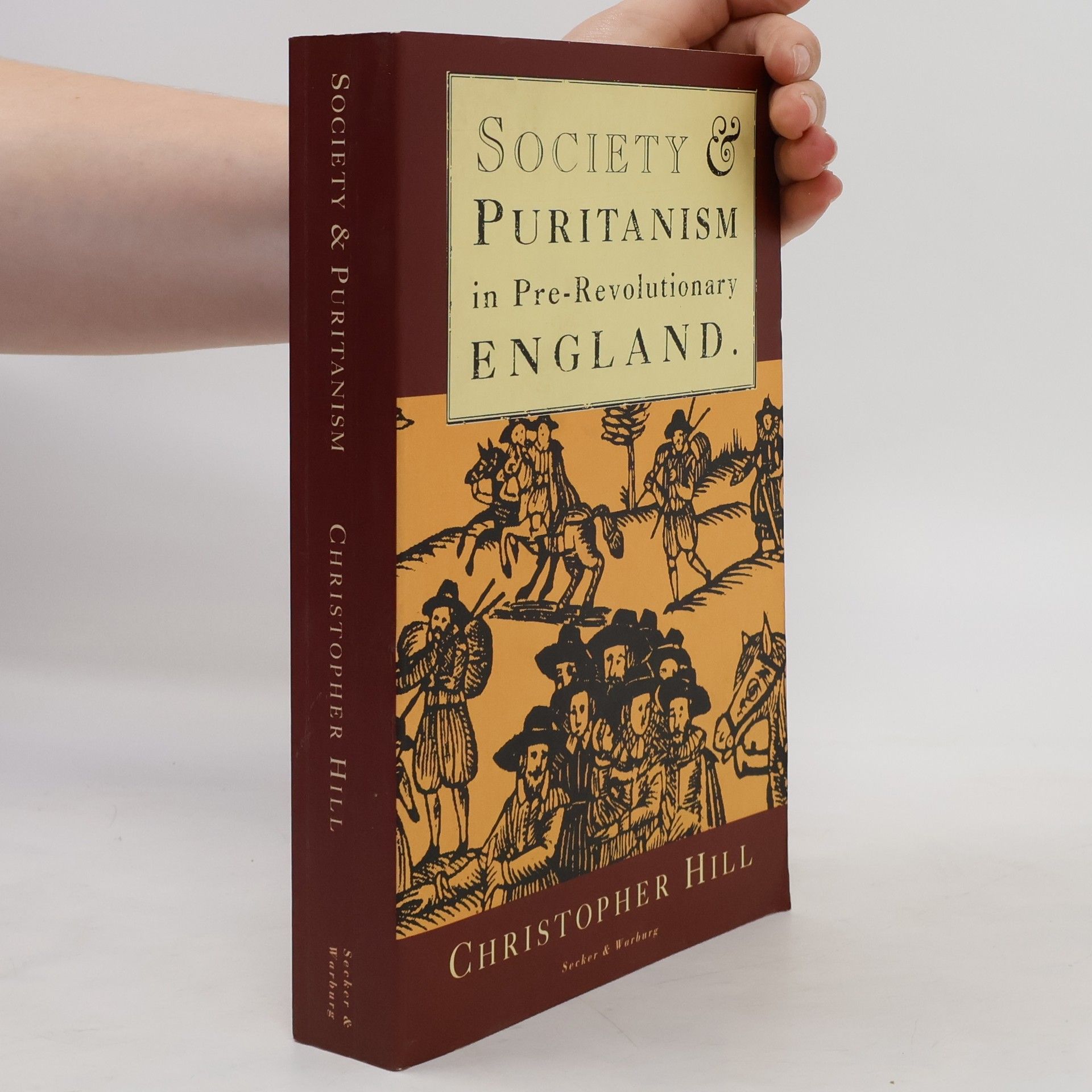

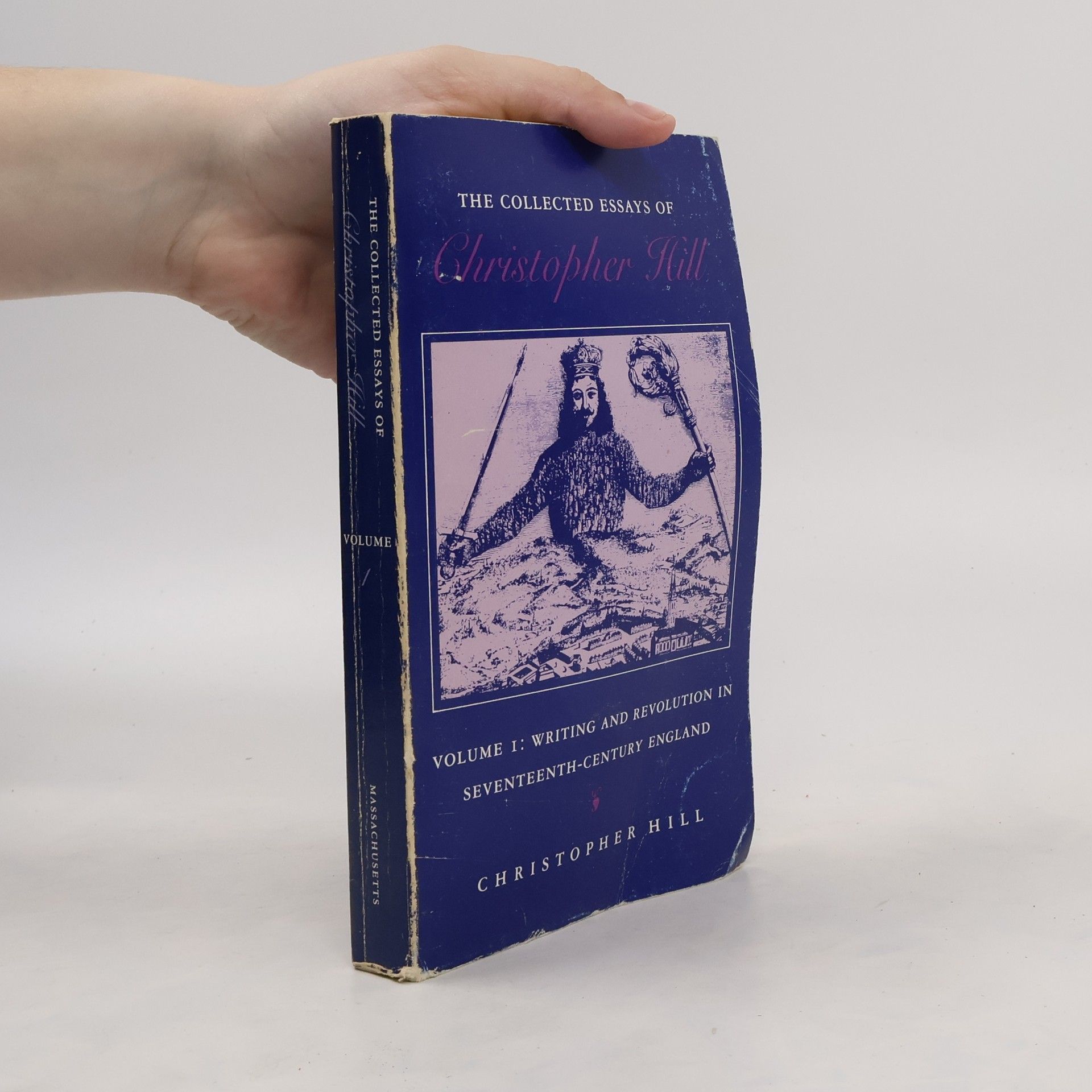
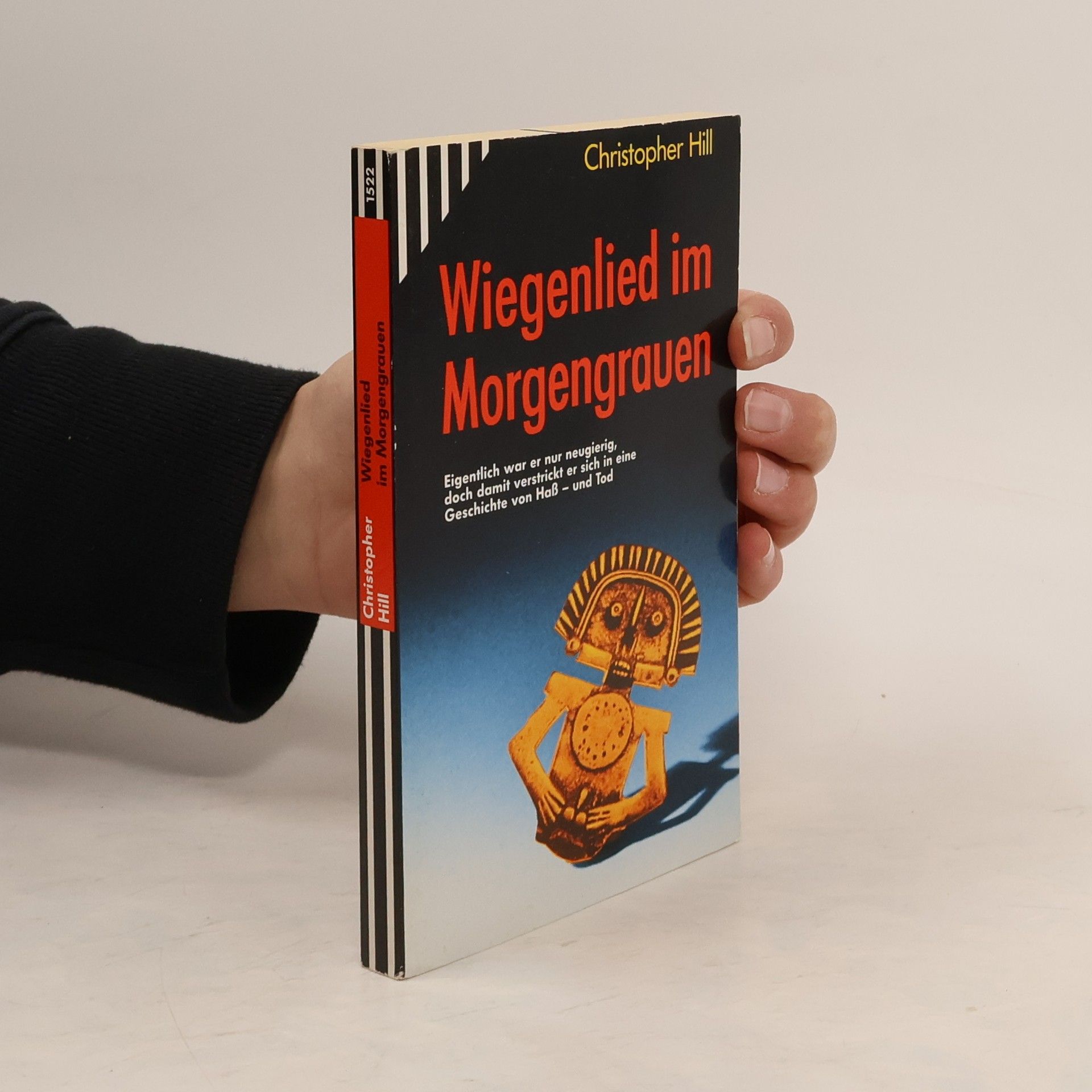
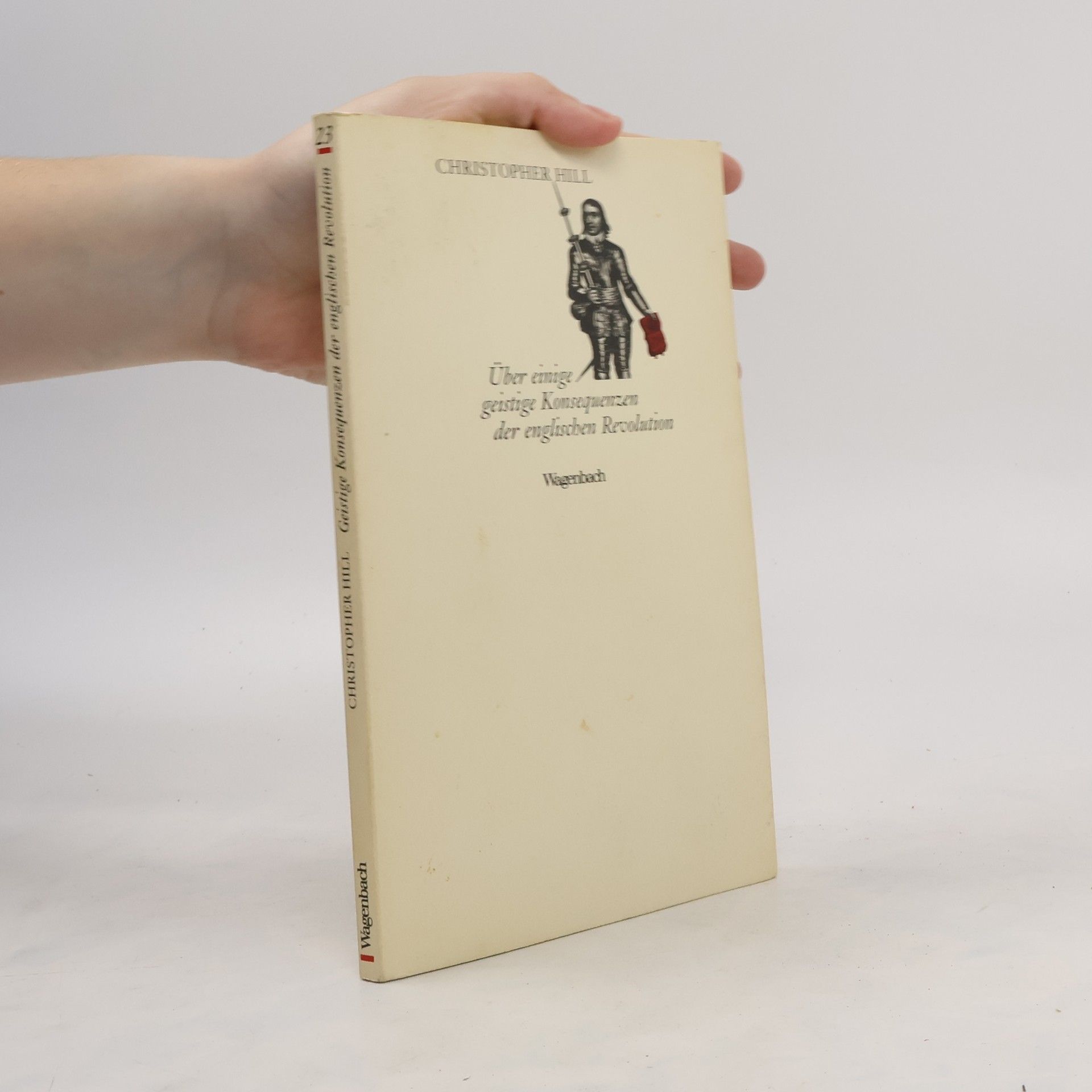
Wiegenlied im Morgengrauen
- 155 Seiten
- 6 Lesestunden
155 S. N.-A.
The Collected Essays of Christopher Hill
Writing and revolution in 17th-century England
Essays discuss the work of Defoe, Milton, Marvell, Pepys, and Butler, censorship, and seventeenth-century British thought
Cabinet Decisions on Foreign Policy
The British Experience, October 1938 June 1941
- 384 Seiten
- 14 Lesestunden
This book offers an in-depth analysis of the British government's approach to foreign policy, examining key decisions and their implications. It delves into historical contexts, political dynamics, and the influences shaping policy outcomes. Through detailed case studies, readers gain insights into the complexities of international relations and the strategic considerations that guide British diplomacy. The work aims to enhance understanding of the interplay between domestic politics and foreign affairs in the UK.
In order to understand the English Revolution and Civil War we need to understand Puritanism. Using his consummate skill as a historian, Professor Hill suggests that there might have been non-theological reasons for supporting the Puritans, or for being a Puritan. He shows Puritanism as a living faith, answering the hopes and fears of yeomen and gentlemen, merchants and artisans. He looks at oath-taking, the Sabbath, bawdy courts, and poor relief and assesses the significance of the household (rather than the Parish) and the dignity of labor. He shows Puritanism in daily life and discusses the emergence of the seemingly paradoxical - Puritan revolutionaries.
Looks at the importance of the Bible in English, new since the 16th century, in all areas of 17th-century culture - history, politics, economics, literature, science and religion.
In 1961 Christopher Hill first published what has come to be acknowledged as the best concise history of the period, Century of Revolution. Stimulating, vivid and provocative, his graphic depiction of the turbulent era examines ordinary English men and women as well as kings and queens. Hill argued that the Civil War was driven by the conflict between the old feudal lites and the growing merchant classes. Society and the State are dissected alongside other aspects such as Protestantism and the rise of capitalism and the questioning of hitherto unassailable authorities such as the church and the law. Full of wit and insight, his treatment of what is regarded as one of England's most formative periods is one that is as truly satisfying in the second edition, as it was in 1961.
A classic study of popular resistance to the momentous changes of seventeenth- century England
The masterful account of transformation of Britain into a modern nation by leading Marxist historian
In this book one of England's most distinguished historians explores the causes and consequences of the English Revolution, the years from 1640 to 1660 when the triumph of Protestantism encouraged a questioning of authority in English political, economic, social, religious and intellectual life. This was a decisive period in the evolution of the modern world, an essential precondition of England's becoming the first industrial nation. Hill considers both material and intellectual aspects of the Revolution, discussing, for example, the relationship between Protestantism and the rise of capitalism; the ideological attacks on divinity, law and medicine; and the entry of the 'Many-Headed Monster' - the masses - into politics. "Like all Hill's work, this volume is not only distinguished and accomplished, but deeply humane." -- John Kenyon, Observer "Hill's contribution to seventeenth-century English history has been enormous. This book, like all his others, is informative, stimulating, provocative, and most welcome." -- John Miller, Times Higher Education Supplement
